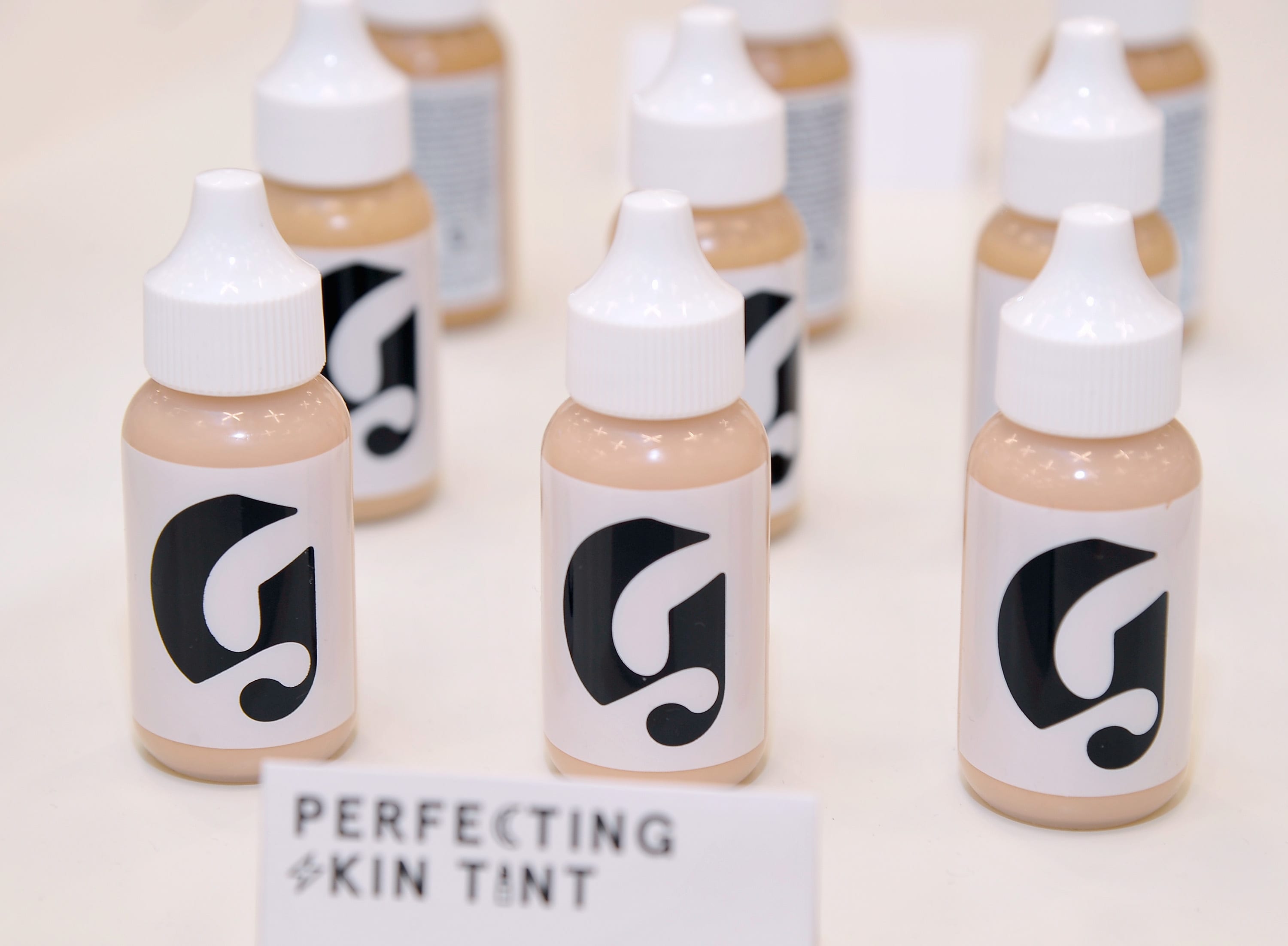Hits: 23

As the shopping holiday gets into full swing, direct-to-consumer (DTC) brands are making a run at Amazon‘s ecommerce dominance, thanks in part to an ecosystem of companies powering big brands like Warby Parker, Allbirds and Glossier.
It’s creating a flywheel that handles every step of the ecommerce process from shipping to returns and even one-day delivery.
It’s made up of some of Silicon Valley’s hottest startups, up-and-coming names and established companies.
There’s Stripe, which handles payments for DTC brands like Glossier and Goodeggs. Affirm provides credit to consumers to buy bigger ticket items like furniture from Wayfair and Peloton bikes. Returnly helps Everlane and Supergoop manage product returns; Shipbop helps with warehousing and Darkstore is trying to take aim at Amazon with same-day shipping.
Established names are also part of the system, like Shopify for ecommerce platforms and Facebook‘s Instagram, which has emerged as a powerful tool for DTC marketing.
“The next frontier in the battle with Amazon is on the back-end,” said David Bell, co-founder of Idea Farm Ventures and a former Wharton professor. “This is where companies like Affirm, Shipbot, and Happy Returns have a critical role to play. When customers can spread payments, get product quickly and return without much friction (and even a bit of fun), the brand wins.”
Jeff Fluhr, cofounder and general partner at Craft Ventures said Amazon has set a high bar for consumers’ expectations.
“Until recently it’s been really hard to compete,” Fluhr said. “But that’s starting to change.”
It could be particularly appealing to brands that are wary of giving up sensitive data to Amazon, which itself could become a competitor. Amazon’s private label 206 Collective sneakers have made headlines for looking strikingly similar to Allbirds’ iconic wool sneakers at half the price.
Another advantage of controlling the process instead of using Amazon’s one-stop service, Fulfillment by Amazon, is that companies can better maintain their brand strength by offering greater personalization and exercising more control over quality.
“Consumers like to buy from companies and brands that align with their own ethics and values,” Fluhr said. “As you start to get more mega companies, consumers just get more skeptical and concerned about how their data is being used.”
And it’s not just DTC start-ups. Earlier this month, Nike severed its relationship with Amazon. It’s now working with Shopify and Darkstore to deliver shoes, avoiding the “gray market” issues that arose when selling its products directly on Amazon.
“The strategies that digitally native brands used to outsmart Amazon are now being used by large retailers like Nike and Disney to win modern consumers,” Returnly’s founder and CEO, Eduardo Vilar said. “Nike is trying to emulate the strategies of DTC brands and cutting ties with their retail partners. Disney is doing the same with Disney+.”
Be the first to comment